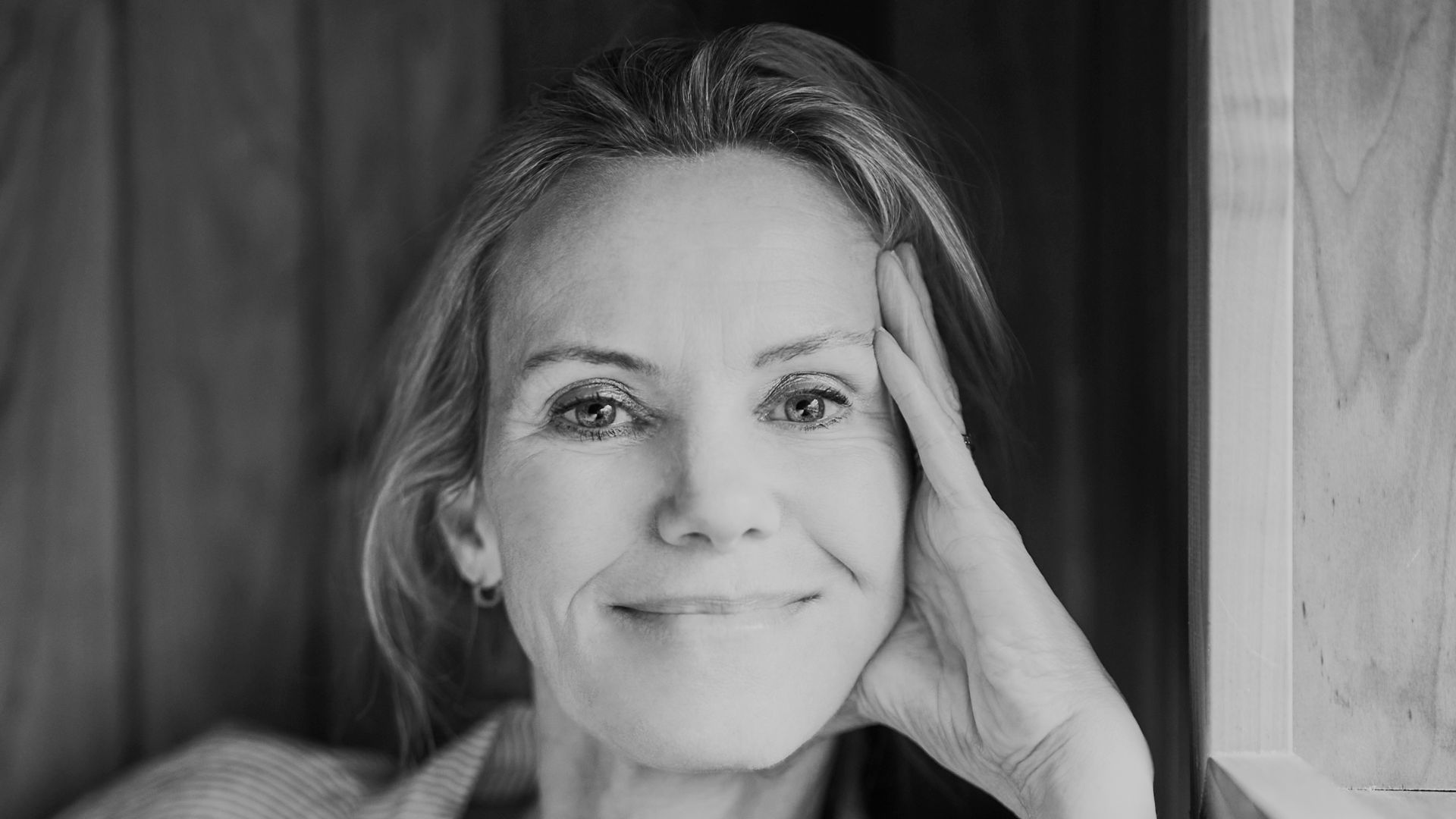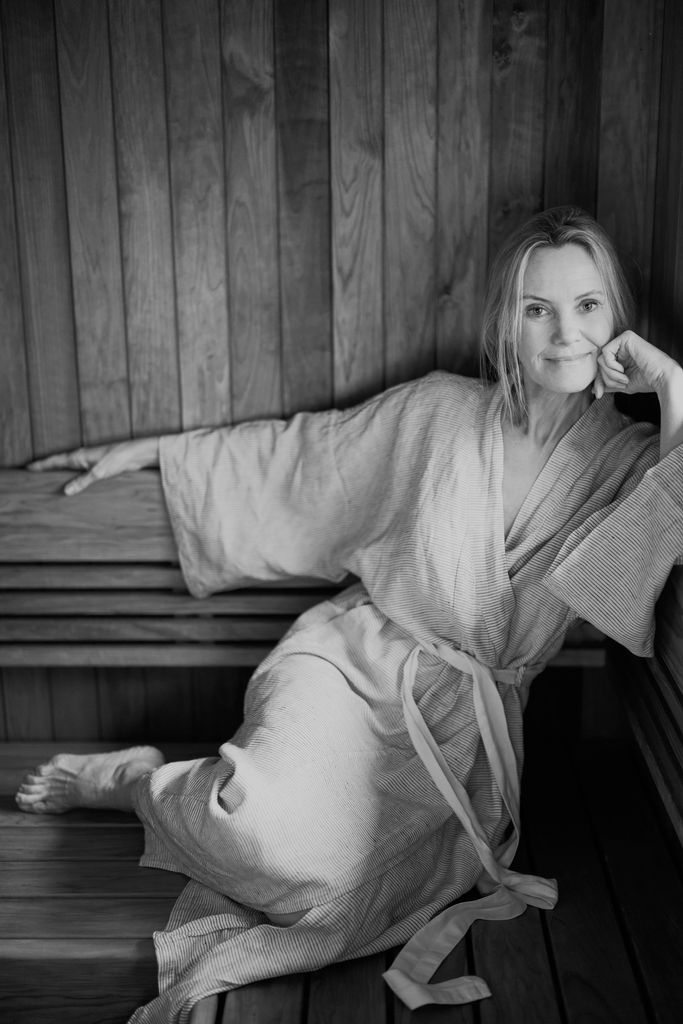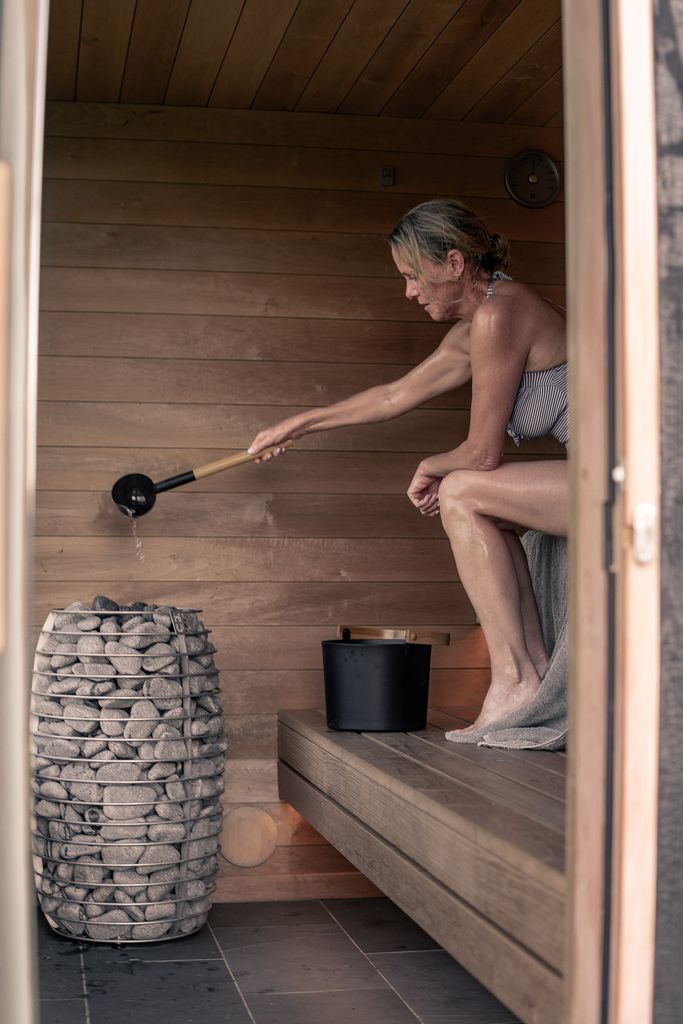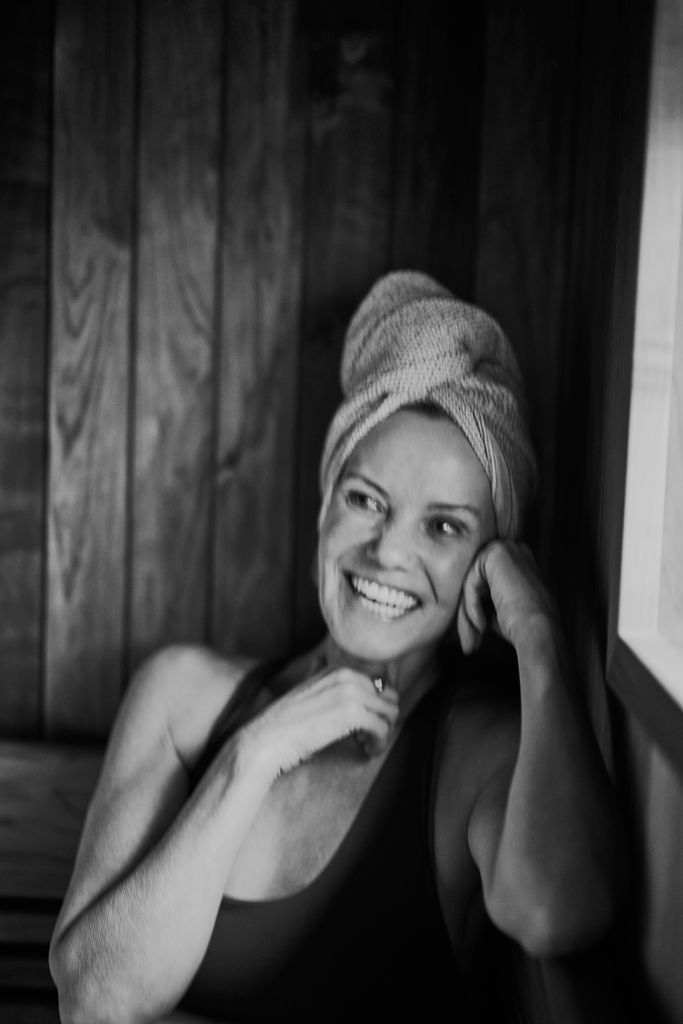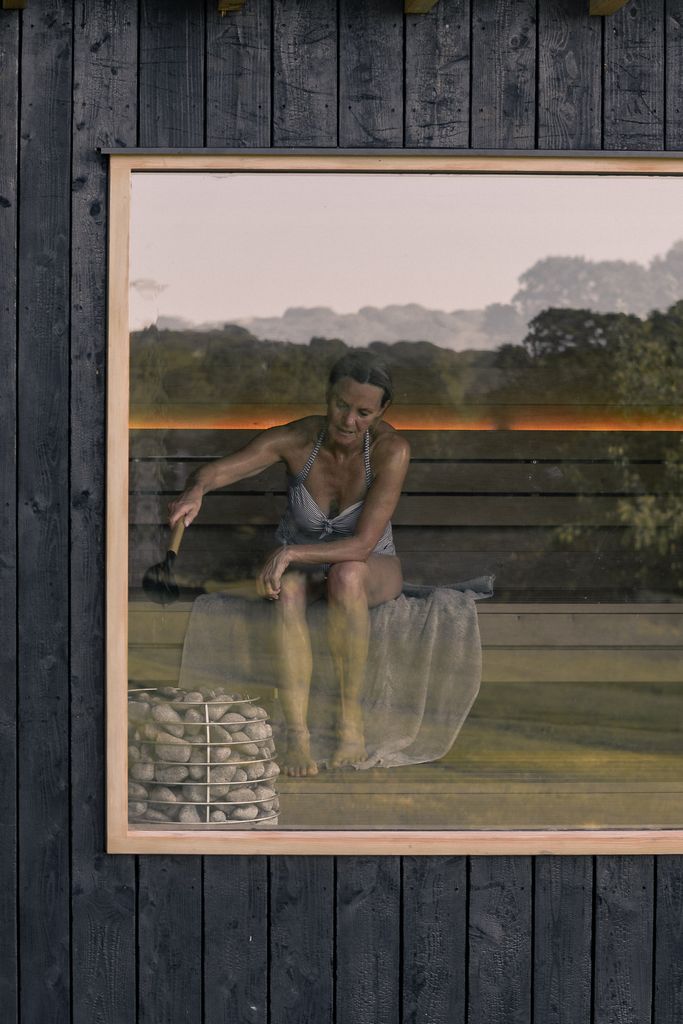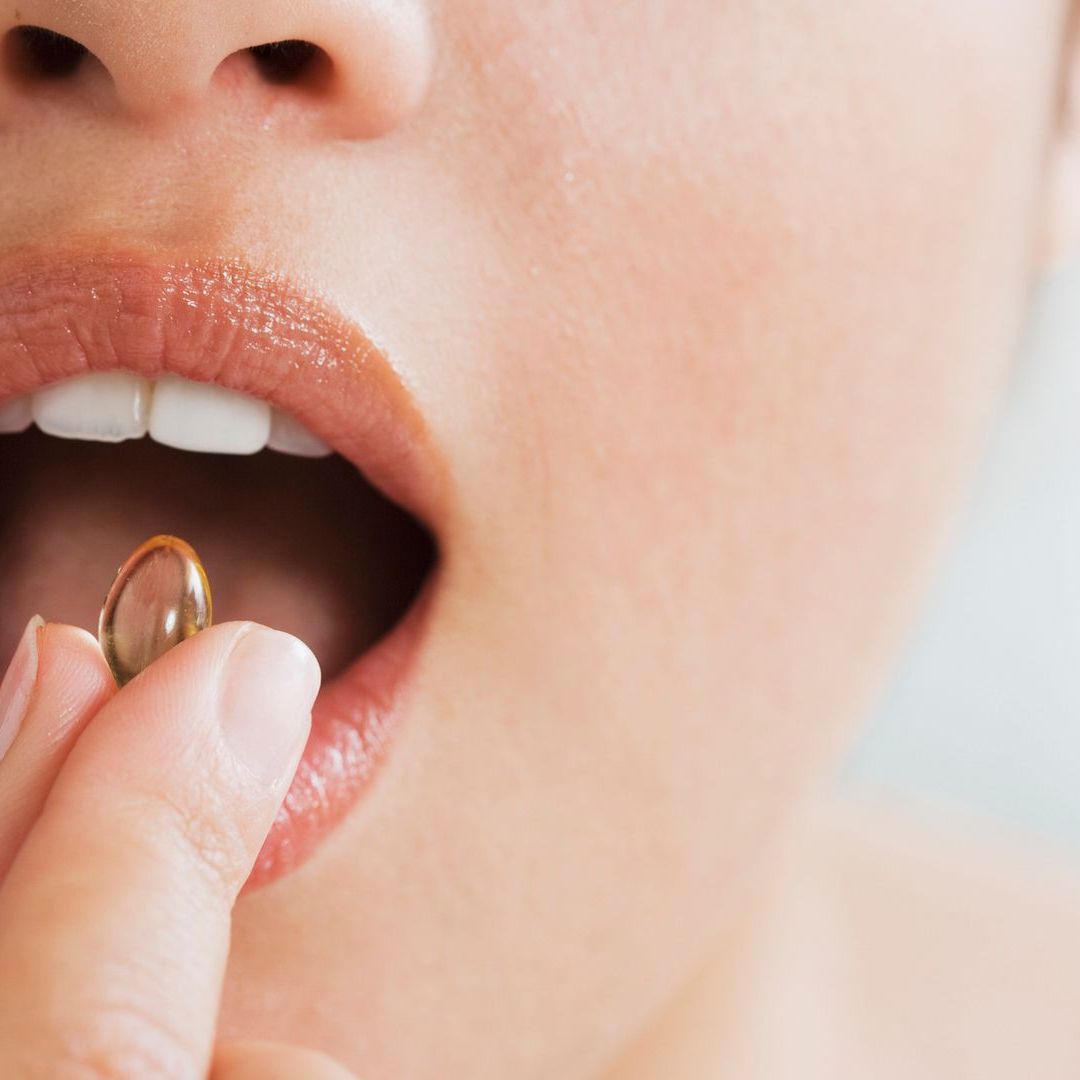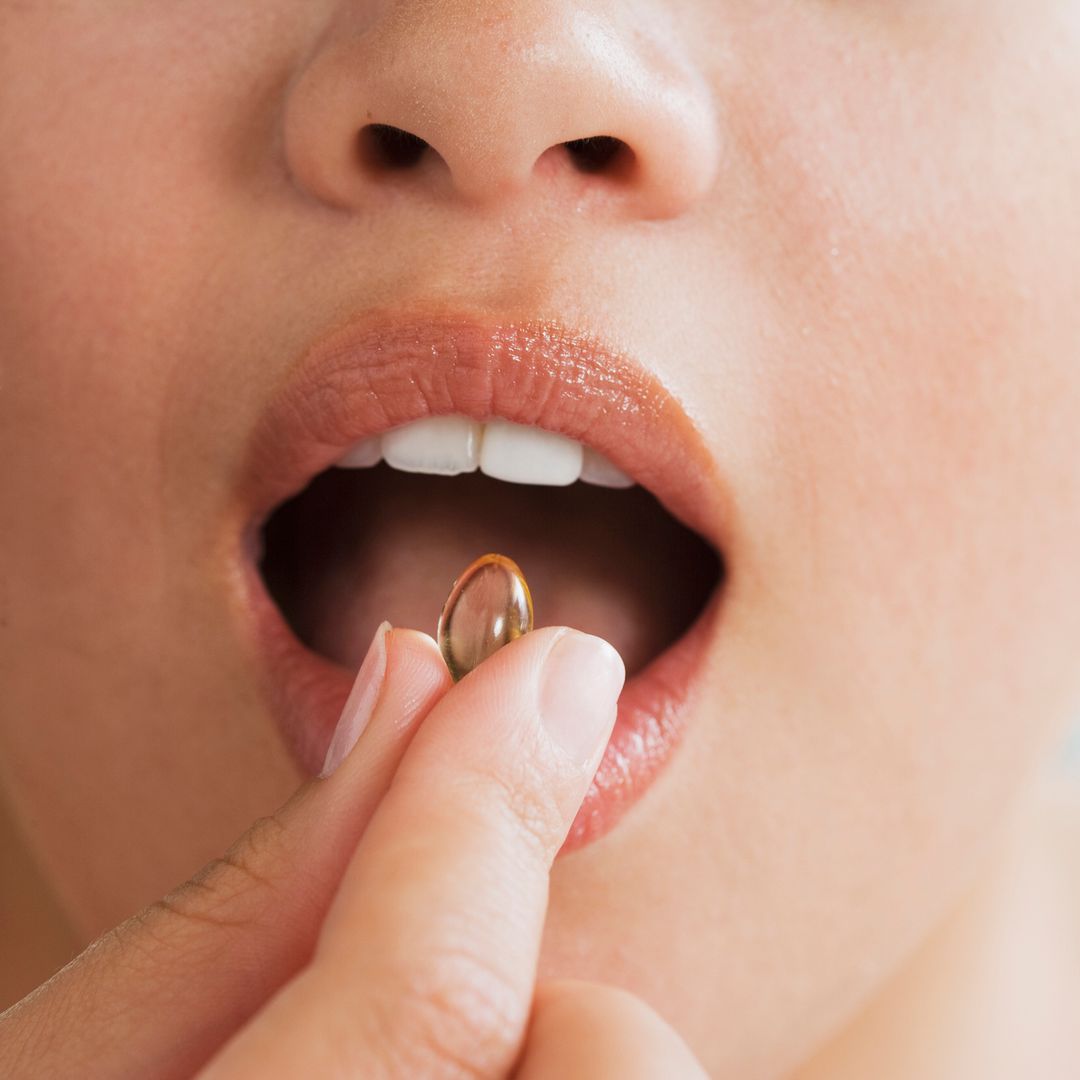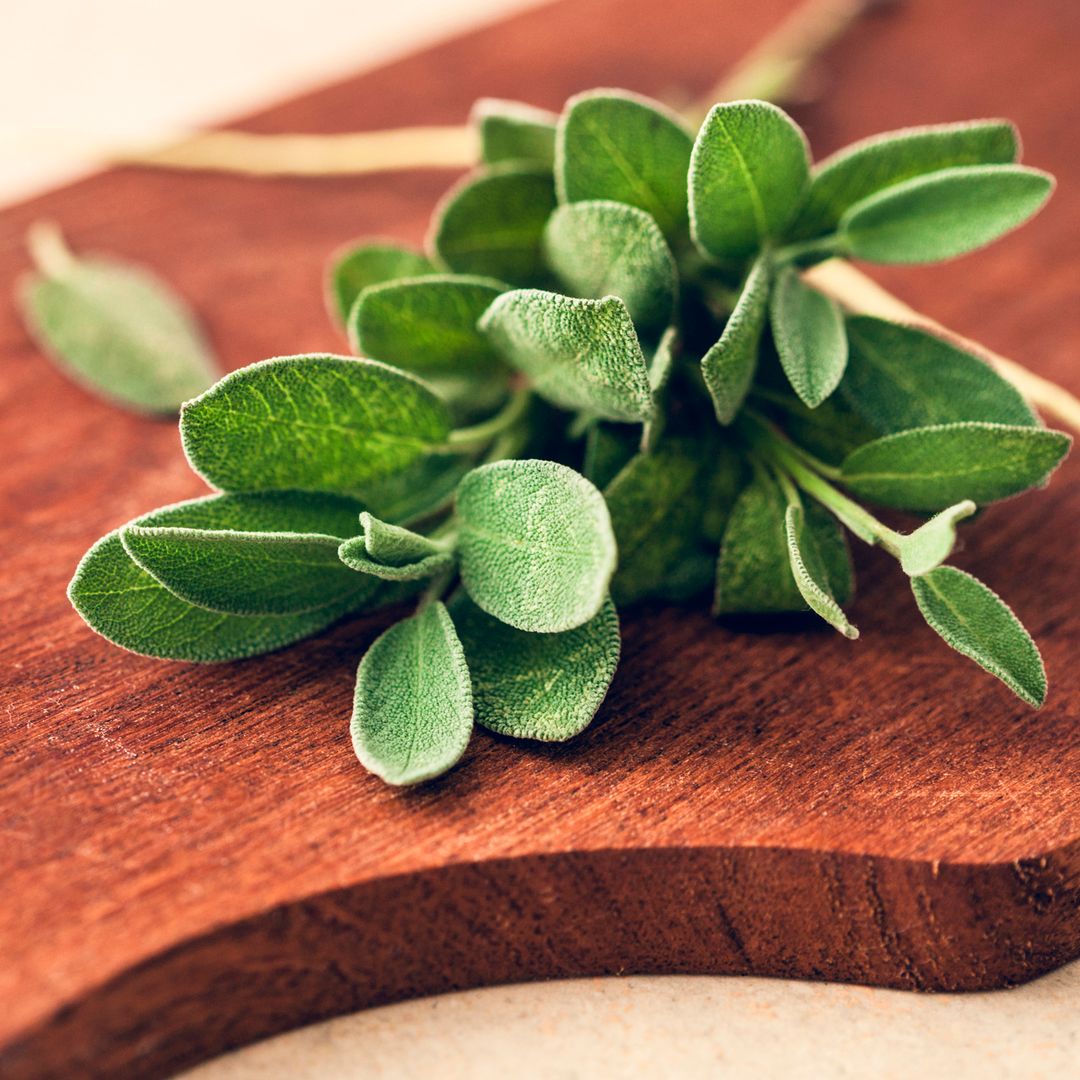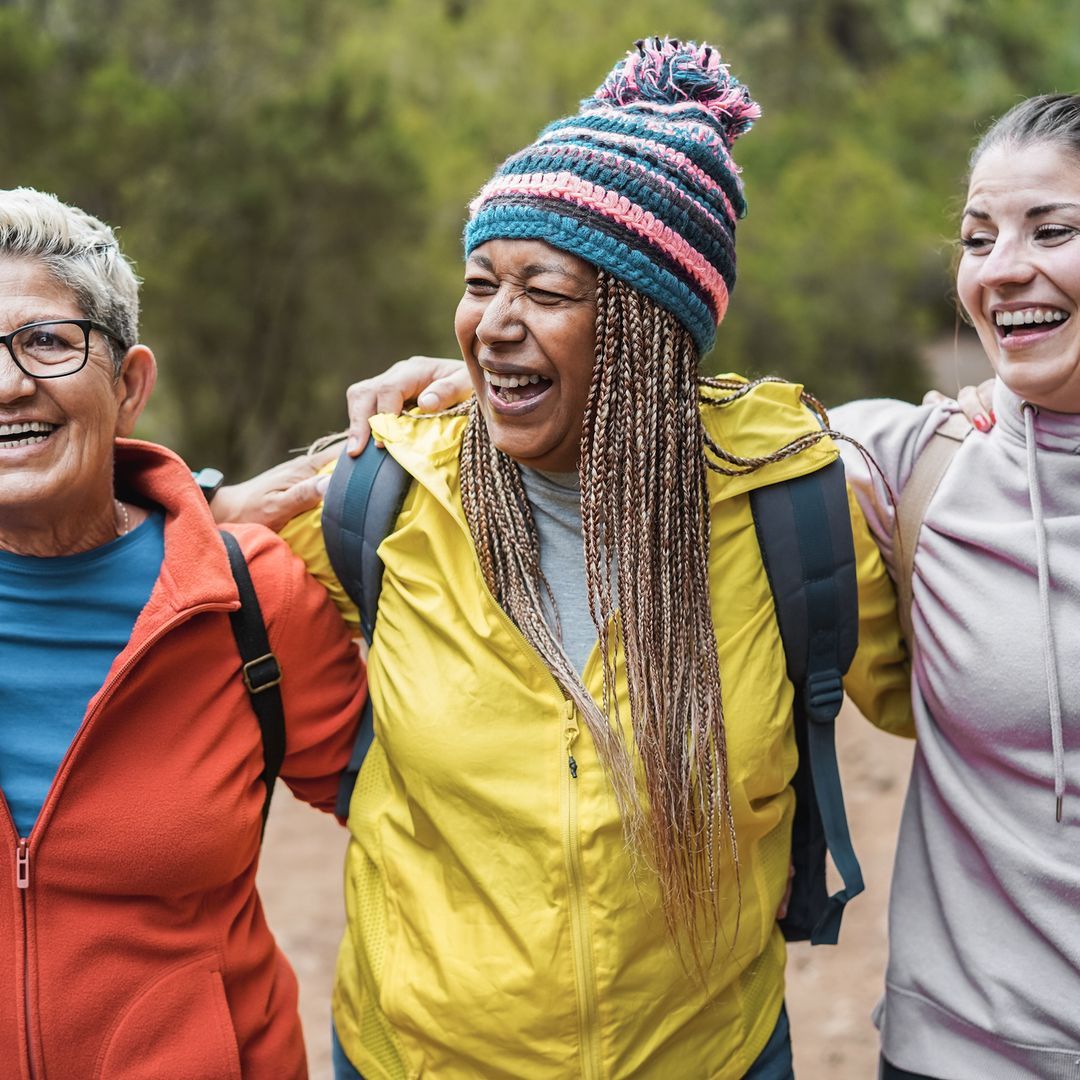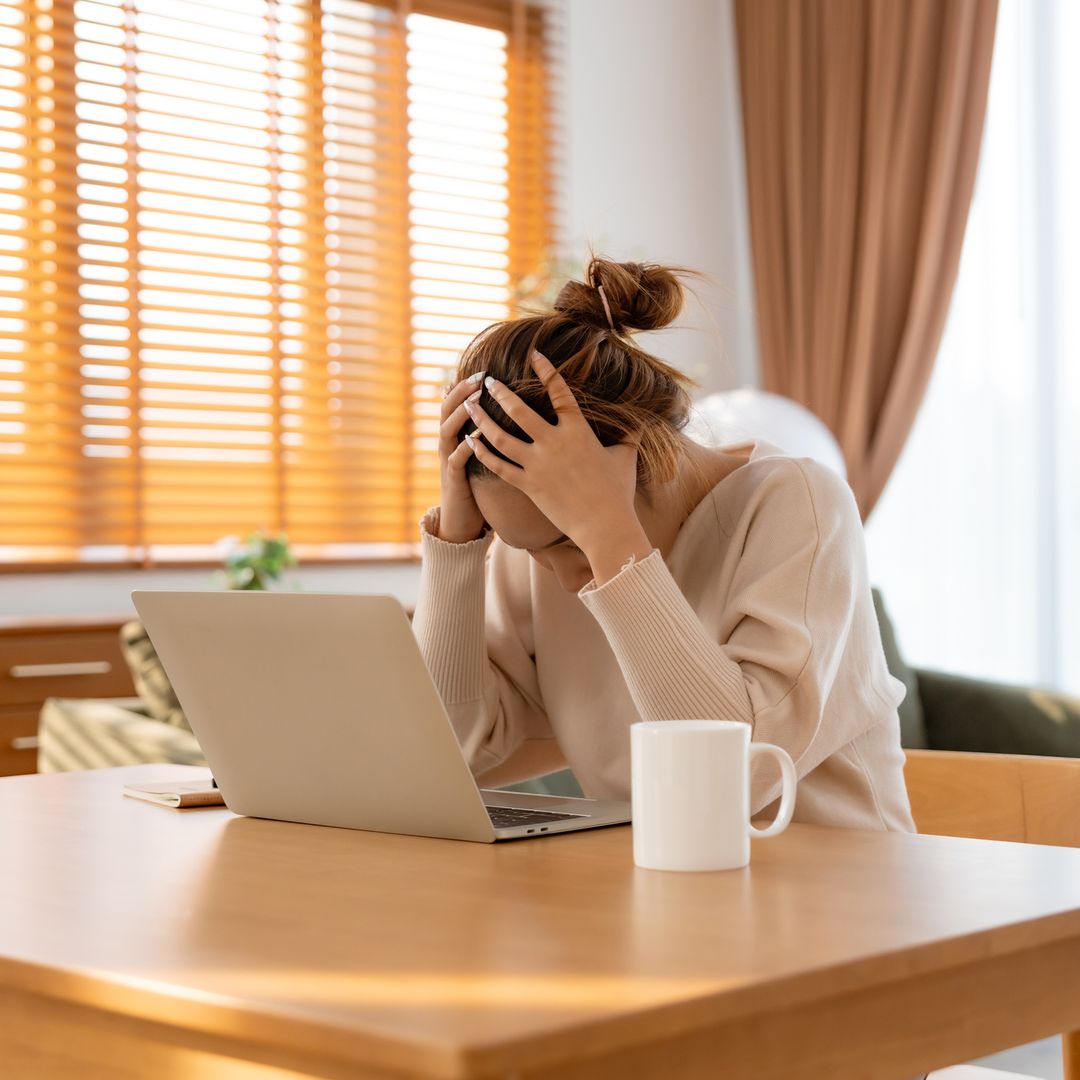“Why would I want a sauna? I feel like in living in one most of the time,” laughs my friend Rachel as we throw ourselves into a freezing cold pond.
Like many other middle-aged women, I got into cold water swimming in my forties, when menopausal sweats swept in, forcing my body temperature up by three degrees at regular inconvenient intervals.
The cold water appealed in a way it never had in the past and what started as a torturous one-winter challenge with my neighbours became an addictive routine fuelled by coffees, chats and a healthy dose of fresh air.
The fluctuating hormones during menopause and perimenopause can make us more sensitive to changes in temperature. They bring on a dysfunction in the hypothalamus which makes us more aware of hot, cold and everything in between.
Thanks to my internal radiator being on full blast, I now find lying in the sun too hot. Cold water is a nemesis-turned-friend. Who knew that sensitivity to external temperatures, like so much else during menopause, would be turned completely upside down and inside out?
A big part of plunging into an icy pond is the thrill, the life-on-the-edge, living-in-the-moment feeling. But this risky element was the part I found challenging. Before every swim, I would picture myself sinking below the murky surface to a watery grave or shivering to death thanks to scary ‘after drop’ (when you get out of the water, you carry on cooling down, until your blood has warmed up again).
So, when a sauna opened at my local (unheated) lido, my swim sisters and I decided to give it a try. It would make our cold dips more bearable and give us time to properly chat without our lips turning blue, we reasoned.
We were right and gradually our swims became longer. We would dip in for a minute, then two, then five, and then race, shivering, straight into the warmth. I stopped worrying about the aftereffects of my swims knowing I could warm up afterwards. Before long, the oversized parka and flask of tea were replaced by the sauna bench as the post-plunge go-to.
What are the health benefits of saunas?
Sauna is about much more than getting warm; several studies in Scandinavia have shown that it reduces blood pressure and dementia, helps with fatigue and depression and can boost immunity and cardiovascular activity.
A 30 to 50-minute sauna improves cardiorespiratory fitness in the same way that 30-50 minutes of moderate exercise (a brisk walk, say,) does. So can we ditch working out in favour of hanging out with pals in the sauna?
READ: A favour for a friend totally changed my life – here's what happened
No, because a sauna does nothing to promote fat loss or muscle mass in the same way that exercise does. But it does do other things.
Dr Tom Cullen, research scientist at the Centre for Physical Activity, Sport and Exercise Sciences at the University of Coventry explains: “Sauna might even be better than exercise for high blood pressure. And we do know for sure that heating the body in baths, hot tubs and saunas creates a positive feedback loop in the brain which makes us feel good.”
DISCOVER: How to work out during menopause according to a PT
Why does sauna help with menopause?
1. Sauna helps us feel better
Feeling good plays a huge part in coping with menopause, where depression, anxiety and mid-life malaise swirl like vultures and peck away at our souls. The hormonal juggernaut that crashes into middle-aged women can take out those around us too - husbands, children, work colleagues, friends – all of whom can get caught up in the big, tangled mess of it all. And that’s another thing about sauna; it’s a great place to untie some of those tangles.
2. Sauna is tech-free
As a tech-free zone, there are no phones beeping, so no demands, no plans to be made, no admin. Just the blissful enjoyment of being in the present and having some time to ourselves. A lot of issues, worries and stresses can be sorted in a 15-minute sauna session.
3. Feel-good chemicals are released in the sauna
Biology is also at play. The heat reduces noradrenalin, which affects our levels of alertness. At the same time, endorphins kick in. These feel-good chemicals act like morphine, diminishing anxiety and preventing pain. Stress hormone cortisol decreases while dopamine, oxytocin and serotonin surge.
Saunas are the ultimate in self-care
In her book, The Science of Love Hormones: A Nordic Approach to Balanced Health and Happiness, Finnish doctor Emilia Vuorisalmi says that while these three ‘love hormones’ are in full flow, we can take the opportunity to reset, put grievances behind us, be creative, feel gratitude.
“The sauna creates a feel-good moment that can be shared, or experienced alone,” she says. “It might not solve all of our problems, but it can be a space to connect with ourselves.”
And with those around us. While researching my book, Sauna the Power of Deep Heat, myself and Finnish photographer Maija Astikainen travelled 10,000 kilometres across the raw-edged archipelagos and frozen wilds of Scandinavia.
We met hipsters and old-timers, shamans and heavily pregnant women, teenagers and grandparents, and quizzed them on their bathing habits.
When I asked middle-aged women whether hot flashes could be seen as a reason not to sauna, they were baffled. Why? they said. Menopause is challenging. We need comfort, self-care and camaraderie more than ever at this time and sauna provides them all.
INSPIRATION: 7 genuine reasons my fifties are my best decade yet
What’s more, women have been the keepers of the sauna’s soothing powers since ancient times. In Finland and the Baltics, oral histories were passed down through generations of female bathers. Spells to ward off sickness and evil spirts, to attract suitors and boost fertility were passed from mothers to daughters. Women made whisks (used to clean and exfoliate the skin) of birch, oak, juniper leaves, and conjured herbal remedies and essences.
All life’s important rites of passage - puberty, marriage, childbirth, death - were celebrated in the steam. (They still are; the bridal sauna is a popular ritual in Finland and Estonia.)
DISCOVER: Why can't I sleep during menopause? The real reason
The sauna helped me feel less self-conscious
When I was researching and working on my book, I swapped a work suit for a swimsuit and had no choice but to go with it. This was a challenge. As a design journalist for 24 years, clothes have always been my armour, yet here I was, frazzle-haired, sweaty and makeup-free, in work mode.
But the more bodies I saw, the more I saw that noone really cared and noone was judging. I (mostly) stopped caring too. For the first time in my life, I was not self-conscious about my scars, wrinkles and mid-life sag.
Over time, I got used to the heat and looked forward to the deep, de-toxifying sweat that flushes out the garbage (both mental and physical) and leaves the skin glowing. Maija and I tried and tested around 60 saunas and after single everyone we came out feeling restored, energised and happy to be alive.
Being Finnish, Maija grew up with the sauna. Being British, I didn’t, but, like her, I’m now addicted. As I scrub myself down at the end of each session, I wonder how long I will have to wait until my next. And it always feels too long.
Sauna -The Power of Deep Heat is out now, £22.99
